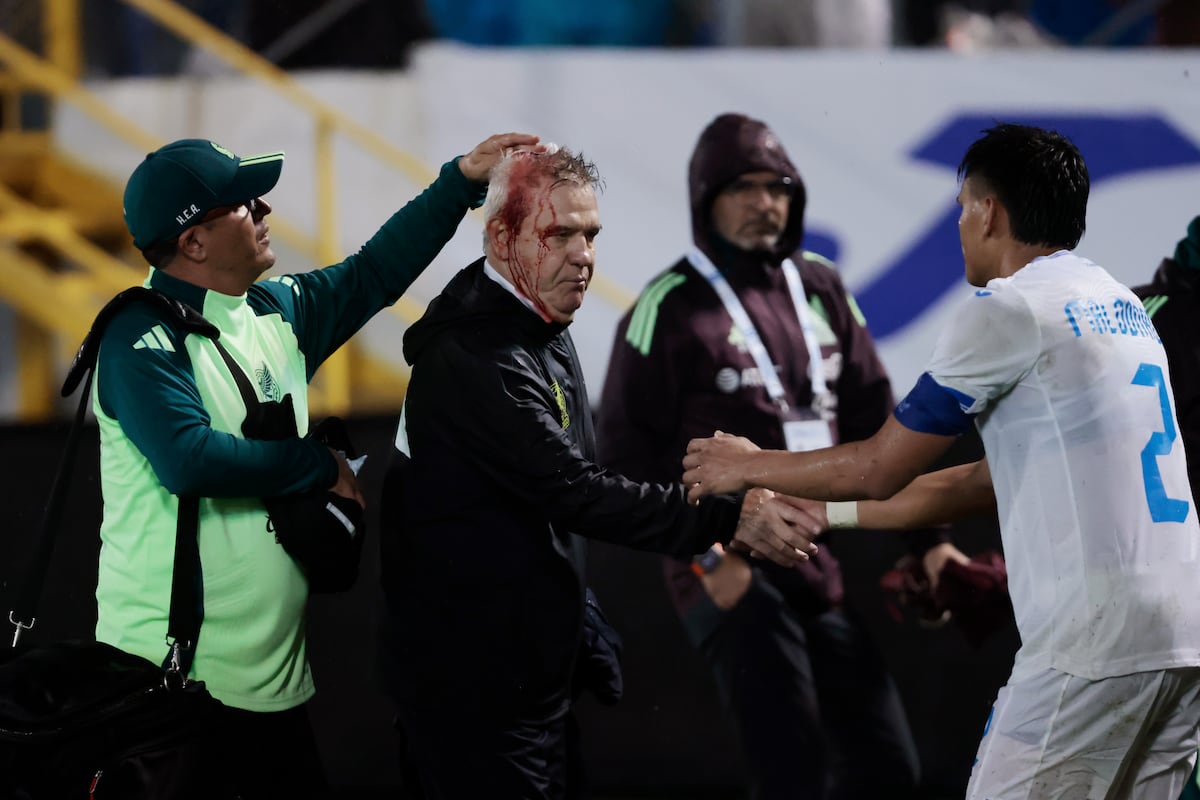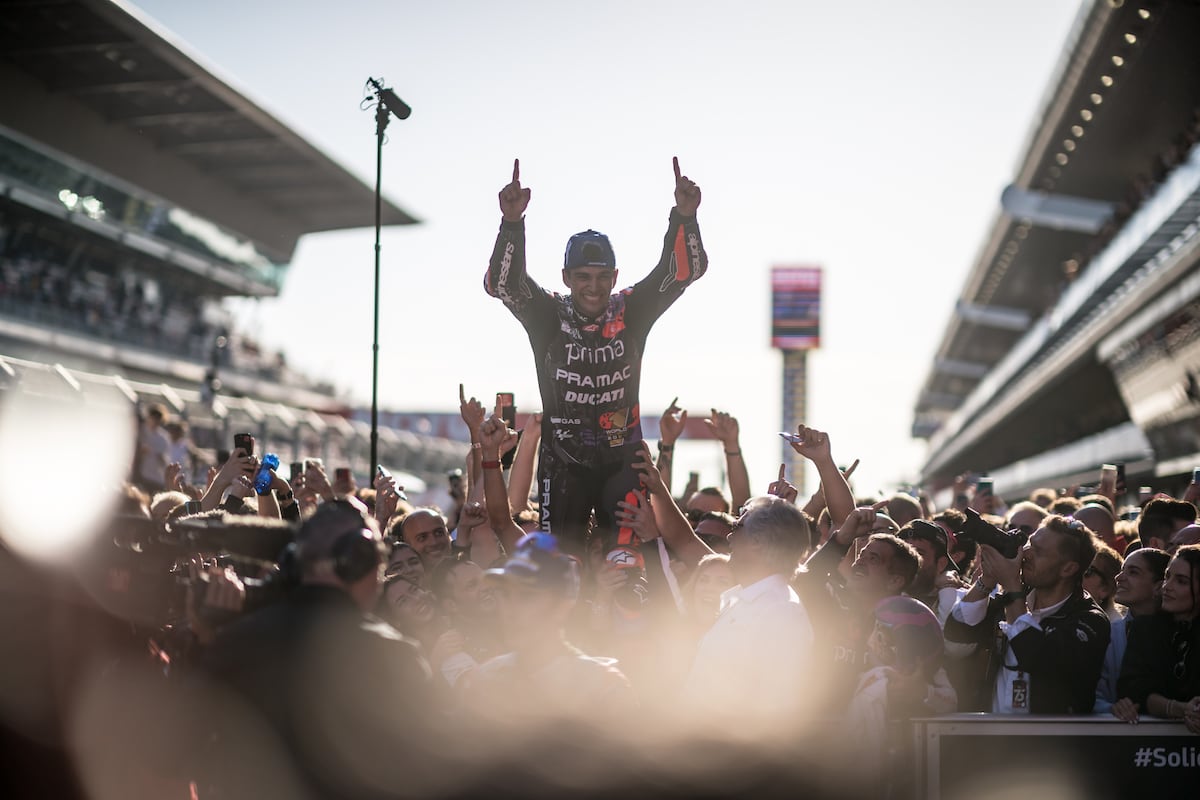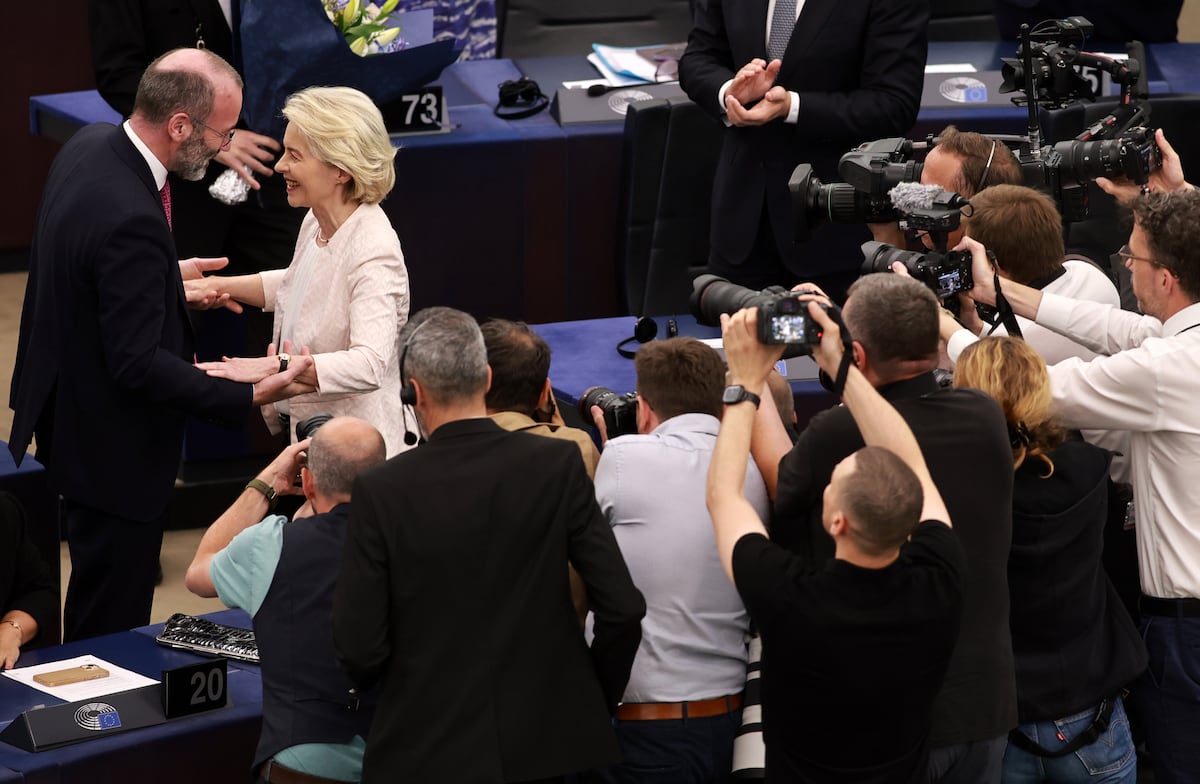Javier Aguirre, a beloved coach in Spain (Osasuna, Atlético, Zaragoza, Espanyol, Leganés, Mallorca), is the Mexico coach. This week they lost in Honduras 2-0 in the first leg of the quarterfinals of the Concacaf Nations League. As soon as the match finished, Aguirre went to the rival bench with his hand extended to greet the winners. On the way, several objects were thrown at him, including a full beer can that split his head open. Undeterred, Aguirre continued on his way towards his opponent with a smile and blood streaming down his face. There, his opponents noticed that he was bleeding and Aguirre reacted by downplaying it, without losing his smile. Upon arriving at the press conference, he said: “It’s football, nothing happens, the development of the match was fierce.” Hundreds of people on social networks elevated him to sainthood. This, they said, is how you react to aggression. Without theater, without throwing yourself on the ground, without overacting, without giving it importance. What fortitude! What dignity! He, with blood running down his face (recklessness for the rest, on the other hand) and others, who are touched, start rolling on the ground for two months. Football, as Aguirre would later say, downplaying the importance of aggression.
No, it’s not football. To say that is to love football little. To say that it is football is to glorify violence. Not even the violence that sometimes exists on the field of play between footballers with kicks or headbutts; extreme violence: that of throwing a can at your head and making your face fill with blood. There will be those who are hurt and affected by this, and fall to the ground with the impact, and there will be those who think it is a scratch and remain unfazed, something that always gives greater significance and usually wins the applause of the public, as if it depended on one whether the blows hurt or not, as if it depended on one to remain “whole” or “worthy” when an object is thrown at one’s head and a gap is opened, or one sees blood on one’s face, or one simply reacts in a way one would not want to: one reacts ( like so many) despite themselves. But even (“especially”, rather) in the second case, the irresponsible thing is to downplay its seriousness, encompass it in the things of “football” and continue as if nothing had happened: as if any athlete who goes out on a football field is expose yourself to having a heavy object thrown at your head, lest one day a piece of glass pops out of your eye and you go out feeling the walls to the press room to say that nothing has happened here, that this is “football.” Luckily he was the only one who thought of it, and the necessary measures are being taken, the minimum measures required by FIFA and the Honduran federation.
There is something else that usually happens, although not in this case. It is about the interested praise from the home club for the attitude of a victim when “he is not one to complain” as Aguirre said, nor does he want to make his aggression something newsworthy or play the protagonist; It is then that the fans of the club that plays at home tend to applaud or praise the fact that aggression is undervalued, something typical of “football men”, the supposedly chivalrous act of “letting it pass”. The truth is that, no matter how it affects you, if a bottle hits you on the head in a stadium, it is serious enough that, even if you don’t care (would Aguirre have the same reaction if instead of giving him the would they give it to one of their players?), there is a reflection not on the convenience of violence, which that debate has not yet arrived, but on the convenience of the victim throwing the event off the field as they throw lighters and act as if it had not existed, unconsciously encouraging those in the stands who believe that throwing cans at the players’ heads is not a big deal if the victims take it so well, with such sportsmanship.









